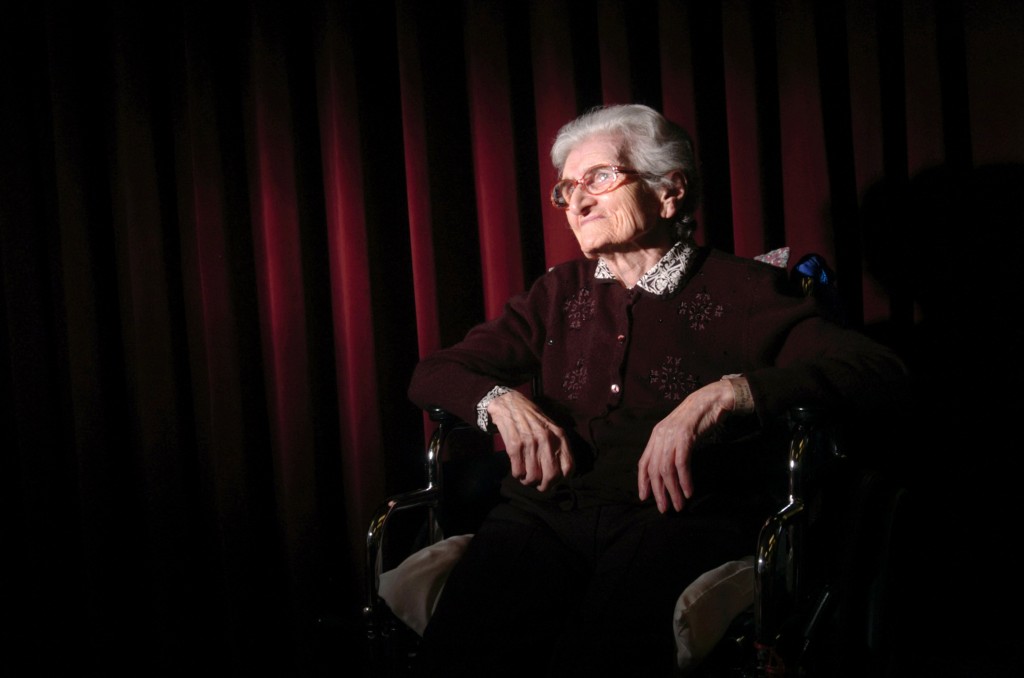The Armenian Genocide Resolution: Reclaiming a Lost Chapter in American History
May 28, 2011

Published: October 25, 2007
In today’s press, the Armenian genocide is referred to as a “century old issue” or a “foolish subject to bring up.” There was a time, however, during which “the name Armenia was in front of the American mind… known to the American schoolchild only a little less than England.” Those words were spoken by President Herbert Hoover. In fact, this “foolish subject” was prominent in the American conscious for four decades. What, we, as Americans have now forgotten is that U.S. response to the Armenian Crisis from the 1890s to the 1920s was the first international human rights movement in American history. Now, it’s time for the country that led the movement to take a stronger stance on this ethical matter.
Recently, the House Foreign Affairs Committee has received much criticism for bringing the Armenian genocide issue to the forefront of political debate because it has upset relations with Turkey. The much debated House Resolution 106 would recognize the slaughter of 1.5 million Armenians as an act of genocide by the Ottoman Turks. By adopting the resolution, the House Foreign Affairs Committee has cleared the way for full consideration in the House of Representatives, where a majority of representatives have already agreed to co-sponsor the Armenian Genocide Resolution. House Speaker, Nancy Pelosi, has announced that the proposal will be brought to a vote this year, in spite of an unprecedented campaign of Turkish intimidation.
Until now, Turkey has managed to prevent U.S. lawmakers from adopting resolutions regarding the atrocities perpetrated by the Young Turks against Armenians, in which two-thirds of the Armenian population living in the Ottoman Empire was systematically killed between 1915 and 1917. Each month, the government of Turkey spends over $300,000 on high powered lobbyists in Washington to defeat any potential Armenian Genocide Resolution. Furthermore, the Turkish government tries to influence various media organs by portraying the Armenian genocide as a two-sided question. However, there is no argument among scholars studying genocide that the extermination of the Armenian population in Ottoman Turkey constituted genocide.
Ironically, supporters are on the verge of winning the Armenian Genocide Resolution’s passage at a time when the U.S. needs Turkey the most. Seventy percent of U.S. air cargo headed for Iraq goes through Turkey. However, the only military support which Turkey directly gives to the U.S. is use of the airbase Incirlik, which is used only for re-supplying troops to Iraq. In 2003, Turkey’s parliament refused to allow U.S. forces to use Turkey as a staging ground for the invasion which toppled Saddam Hussein. Much of Turkey’s vital “support” to the U.S. has been exaggerated.
Despite claims of retaliation from Ankara, regarding the passage of House Resolution 106, any steps which Turkey takes against the U.S. will result in greater damage to Turkey than to the U.S. Turkey has already suffered economically from lack of trade with France after it cut off ties when France’s parliament voted to make it a crime to deny the Armenian genocide. The threats from Turkey will not materialize considering that U.S. trade with Turkey generated $11 billion last year. Not only is the U.S. one of Turkey’s major business partners, but the U.S. defense industry provides much of Turkey’s military equipment.
Turkey’s effort to deny the Armenian genocide hurts other causes, as well. Last fall, Turkish diplomats were successful in blocking an educational exhibit on the Rwanda genocide from the United Nations. What was the reason for it? There was an indirect mention of the Armenian genocide on one of the exhibit’s panels. This type of behavior on an international scale is reflective of Turkey’s nationalistic conduct at home. For example, Article 301 of the Turkish penal code makes it a crime to insult the idea of “Turkishness,” which includes mentioning the Armenian genocide. Kurds living in Turkey must refer to themselves as “Mountain Turks” and are not allowed to speak their own language.
Although there is much debate over the passage of House Resolution 106, there was a time when Americans had reached an overwhelming consensus. In 1898, Congress passed the Cullom Resolution, which condemned Sultan Abdul Hamid II for the Armenian massacres of the 1890s. This was the first international human rights resolution in American history. Americans from all classes and walks of life organized philanthropic and relief programs; women’s groups, churches, synagogues and civic organizations around the country organized to protest the massacres and raise money for aid. The National Armenian Relief Committee, headed by John D. Rockefeller, Spencer Trask and Jacob Schiff, raised hundreds of thousands of dollars in money, services and goods. The Committee also recruited the venerable elder stateswoman Clara Barton to take her Red Cross relief teams out of the country for the first time and station them in the Armenian provinces.
Emory University professor Deborah Lipstadt has written “Denial of genocide—whether that of the Turks against the Armenians, or the Nazis against the Jews—is not an act of historical reinterpretation.” Rather, denial is the final act of genocide, because denial strives to reshape history in order to demonize the victims and rehabilitate the perpetrators. What House Democrats and Republicans are doing in pushing for full House passage of the Armenian Genocide Resolution is honorable. Not only are they reclaiming a lost chapter in American history, but they are also salvaging this country’s moral authority at a time when it needs it most.









Alexis • Apr 12, 2017 at 3:05 am
Anahid Boghosian was my great grandmother. It is amazing to see her on the internet in so many news articles telling her story. Thank you for putting up this beautiful picture of her. It is greatly appreciated.